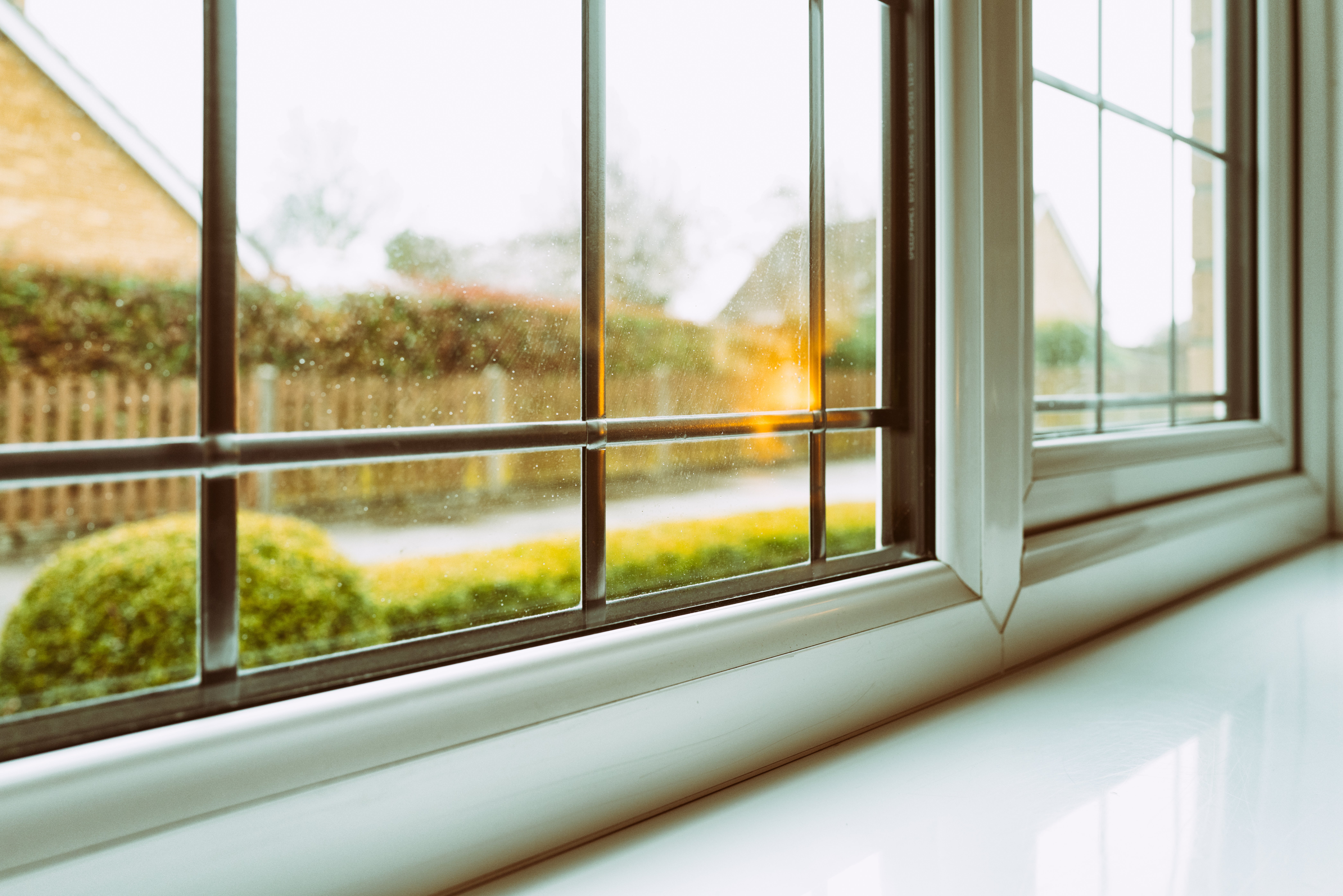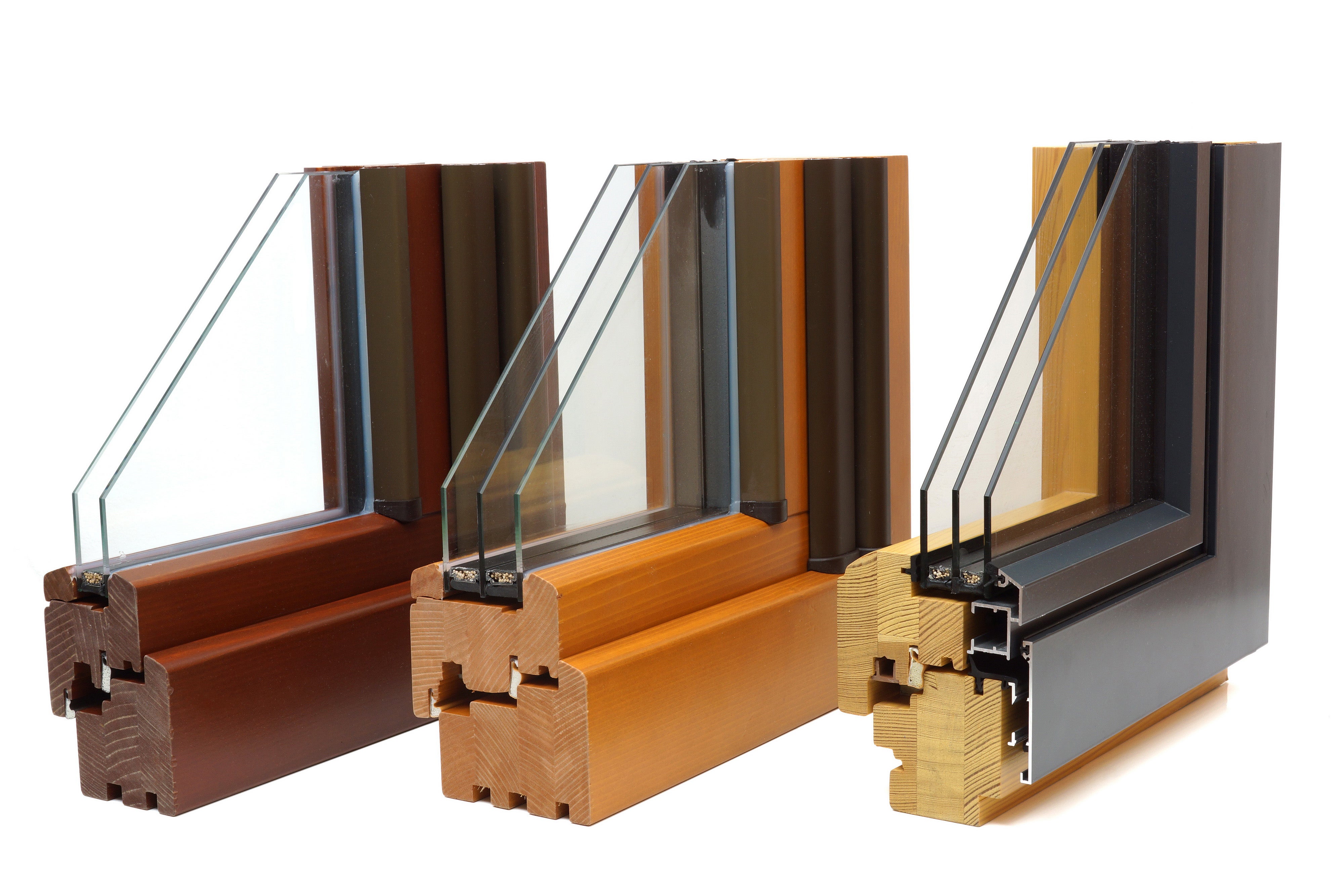
If it’s time for a new set of windows for your home, we’re here to answer all your questions on double glazing and guide you through the best double glazing companies in the UK.
In this First Home Improvements review, we look at one of the most established uPVC window installers in England. With a long-standing reputation, competitive pricing, and a rare two-year quote validity, First Home Improvements stands out as a top choice for homeowners — especially if you're comparing options based on UK window prices and the cost of double glazing.
Why choose First Home Improvements?
- Area covered: Most of England, particularly the South and East.
- Founded: 2008 (original business roots date back to the 1970s)
- Guarantee: 12 years
- Best for: Good reviews and long quote validity
First Home Improvements is one of the longest-standing names in the UK’s window installation market, with roots in the 1970s and its current form established through a 2008 management buyout.
What sets First apart is its two-year quote validity, which is far longer than that of most competitors. This gives homeowners time to save or consider other options without losing their initial quote. It’s one of the reasons why First made it onto our best double glazing companies list.
If you’re looking for wooden or aluminium windows, First Home Improvements may not be the right choice — they focus solely on uPVC products. But for homeowners who prefer uPVC and aren’t served by installers like Coral Windows or Britelite, First could be the best fit.
There’s plenty of choice within the realm of uPVC, however, including casement, sash, tilt and turn and even Tudor windows. First Home Improvements also markets oval, triangle, round and arched windows. The company also offers a wide range of colours and textures, so there’s no need to stick with white if you want a more contemporary look.
Its 12-year guarantee is one of the longest in the industry, and combined with competitive pricing, helped First Home Improvement place third in our UK window prices comparison.
In addition to windows, First also installs doors, porches and conservatories, and offers a handy online door designer tool, which is very useful if you can’t get to a showroom.
Like many competitors, First Home Improvements often runs 30% off promotions, so it’s worth timing your quote to coincide with these offers.

First Home Improvements also offers financing, but details on the website are limited. This often suggests higher-than-average rates, so it may be worth considering independent lenders.
For example, for loans of £7,500 to £20,000:
- TSB offers 5.9% APR over 1–5 years
- Novuna Personal Finance offers 6%
- M&S Bank offers 6% over 1–7 years
Borrowing £10,000 over 7 years at 6% APR will cost around £2,271 in interest, with monthly repayments of £146.
Pros:
- 12 year-guarantee
- Good reviews
- Broad choice of uPVC styles and finishes
Cons:
- No timber or aluminium products
- Limited transparency on financing
What to look for in a quote
According to our research, the average three-bed house should cost about £4,500 to fit with new double-glazed uPVC windows, depending on location and window sizes.
It’s important to haggle, perhaps more than many with other purchases. Windows are more of a buyers’ market, since unless the panes themselves are broken, it’s a purchase you can put off, at least for a little while.
This gives you the upper hand and allows some time to research the best price and options.
Depending on the installer and how tricky your installation is, you may be able to shave up to half off the initial quote you are given.
This may seem unlikely, but it’s true. That’s because many firms rely on Britons’ general discomfort over asking for discounts to make expensive initial offers. They also rely on their competitors doing the same.
Smaller outfits that feel they need to be more competitive may not be able to drop by as much – use your judgement.
As well as this guide, it is also worth getting personal recommendations. If a company has done a good job at a fair price for a friend or colleague, they will probably do the same for you.
How we made this guide
We spoke to customers and fitters across the UK, as well as insiders in the double glazing market to find you the average prices for windows of all styles.
They gave us tips on how to negotiate and save money and they told us never to say yes to the first quote you are offered.
Why trust us?
The Independent has been reporting on green energy and climate matters since it was founded in 1986. Since then, we have written hundreds of reviews and news stories on energy, including the best window fitters, the best window finance and other guides on green power.
FAQs
Should I get double or triple glazing?
While double glazing is the usual choice for a home outside of a heavily restricted planning area, triple glazing could be a good option for some buyers, especially those in windy locations or those on busy, noisy roads. Expect to pay 15-30 percent more than for double glazing.
These windows are heavier and available in fewer styles. Finding triple glazed windows in timber and aluminium is difficult.

What is the average cost for double glazing?
The average cost of a new set of eight uPVC windows for an average three-bedroom home in the UK is currently about £4,500, according to research by The Independent.
The price you will pay for a new set of double glazing depends heavily on the style, materials, colours and glazing type of your windows, together with how many you need and where you are in the country.
Most buyers opt for white uPVC, which is a type of plastic. It does not rust or rot, an advantage over wood, and it is cheaper than aluminium, the other popular low-maintenance material. It also doesn’t bend like aluminium can.
What are the advantages and disadvantages of double glazing?
Pros:
- Loads of styles
- Cost effective
- Insulates well
- Cuts noise
Cons:
- Not as good as triple glazing for noise and heat loss reduction
The best double glazing companies in 2025
How much does double glazing cost for a three-bed house?
UK window prices 2025: How much do new windows cost?
Best double glazing companies in the UK 2025
How much do new windows cost in the UK? A guide to 2025 prices
Clearview Windows review: best installer for a good guarantee







